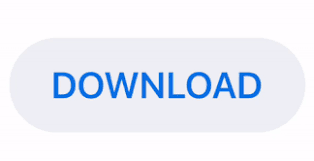
Example: You can find syllables AP-(nea), (h)EP(tágono), (h)IP(nótico), ÓP(tica) but nothing using "UP". In Spanish or English there are thousands! In fact I found a few syllables that could be perfectly valid in Spanish, but they are not used (to my knowledge). If it is a combination of the 21x35 mentioned by Koyo, it MIGHT be valid (most times it is NOT). That's why you can list them ALL, counting what we call diphthongs as "2 different finals".

there are only these 423 combinations of the possible 21 x 35. Not all initials can combine with every final, in fact. In my book there was a double page table listing ALL possible combinations between "initials" and "Finals".

That's less total phonemes than English's 44 phonemes.Ĭlick to expand.Absolutely! When I studied Mandarin once I took the time to count EVERY possible valid syllable. There's a /y/ in Mandarin Chinese that's missing from the list, so the total phoneme count is 29 phonemes, which is less than English:Ģ2 Consonants: (b) (c) (d) (f) (g) (h) (j) (k) (l) (m) (n) (ng) (p) (q) (r) (s) (t) (x) (z) (zh) (ch) (sh) The /n/ is already accounted for in the initial consonants, whereas the /ng/ appears here because it doesn't appear in any initial consonants. There are only eight unique phonemes in the list - 6 vowels and 2 consonants: Similarly, (iou) is a sequence of three phonemes, /i o u/.

In the second list, (eng) isn't a single phoneme, it's a sequence of two phonemes, /e ng/. Like Japanese, because of strict ordering rules, it's much easier to record a complete list of Chinese (and Japanese) phoneme combinations. Click to expand.Chinese has significantly less phonemes than English.


 0 kommentar(er)
0 kommentar(er)
